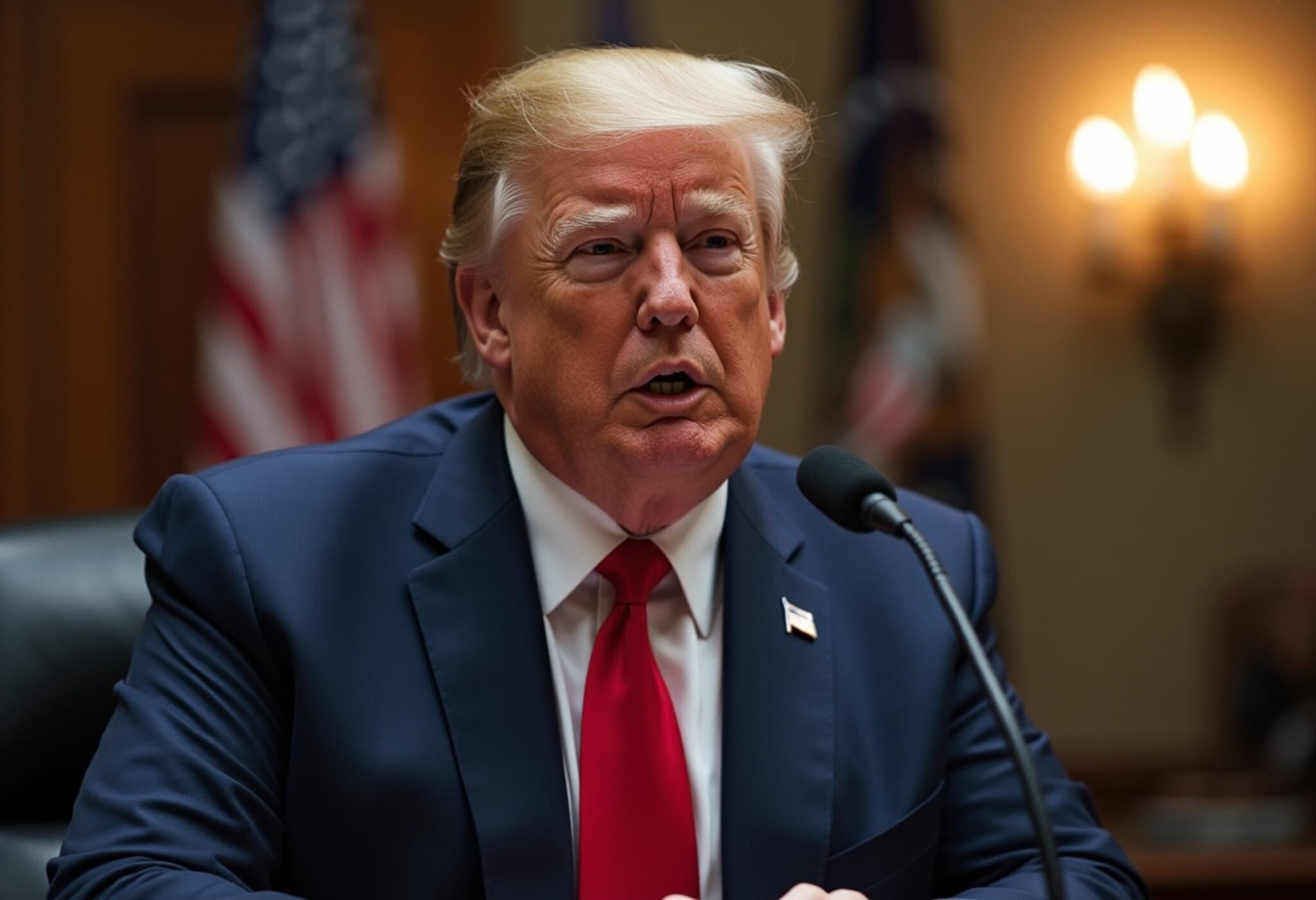China's Stealthy Push in Global Telecommunications Raises Western Security Concerns
In the escalating contest for technological dominance, Western security experts are increasingly wary of China's expanding footprint in global digital infrastructure. This battle is not fought with guns but via undersea internet cables, sprawling data hubs, and pervasive surveillance technologies that underpin modern communications.
The Invisible Battlefield Beneath the Oceans
Undersea cables form the backbone of worldwide internet traffic, carrying over 95% of global communications data. Alarmingly, numerous cables are either constructed or operated by Chinese state-affiliated companies. This raises red flags about potential Beijing access to sensitive information and the strategic power to disrupt Western military and economic networks during geopolitical crises.
Insights from Salih Hudayar: A Warning from East Turkestan
Salih Hudayar, Foreign Minister for the East Turkestan government-in-exile, shared his perspective with Pieuvre, stressing that China’s increasing control over critical communications infrastructure is more than commercial competition—it is an active information war threatening democratic values.
“It’s not just a trade issue. It’s war, an information war,” Hudayar warns. “And the West is losing.”
Hudayar further highlights China's rapid development of artificial intelligence (AI) data centers in East Turkestan, a region internationally recognized as Xinjiang, where Uighur populations face harsh repression. Disturbingly, despite U.S. and European export controls, many of these centers depend on advanced semiconductors produced in the West. This paradox underscores how economic interests may inadvertently empower authoritarian digital surveillance capabilities.
TikTok: Entertainment or Surveillance Tool?
An especially contentious element in this digital tussle is TikTok. Hudayar voices a growing suspicion that TikTok operates not merely as a social media app but as a “surveillance platform masquerading as entertainment.” His concern is that the app’s Beijing-based parent company, ByteDance, collects comprehensive user data from millions of Western citizens, assembling detailed digital dossiers potentially usable for blackmail, political influence, or ideological manipulation.
- Experts highlight TikTok’s data practices as key vulnerabilities in national security discussions.
- Western governments are debating bans or restrictions on Chinese apps to curtail information harvesting.
- This digital intelligence could be leveraged in future geopolitical conflicts or electoral interference.
Western Response: Rebuilding Digital Resilience
To counter these emerging threats, Hudayar calls on Western nations to invest heavily in securing their technology infrastructure. This means deploying protected undersea communication lines outside Beijing’s influence and banning potentially compromised Chinese hardware from critical networks.
“China didn’t ask permission. It launched this war. Now it’s up to the West to fight back, before it’s too late,” he asserts.
Policy analysts emphasize that securing digital infrastructure is as vital as traditional defense spending in today’s interconnected world. Failure to do so risks ceding technological and informational dominance to an authoritarian regime with starkly different global ambitions.
Expert Commentary: Navigating the Digital Cold War
Cybersecurity scholars note this dynamic resembles a digital cold war, where control over data flow and emerging AI technologies could dictate geopolitical power. They argue that Western countries must:
- Accelerate domestic semiconductor and AI research to reduce dependency on China-supplied technology.
- Enhance transparency and regulation around foreign investments in telecommunications infrastructure.
- Forge international coalitions to set global standards for data privacy and digital trade security.
Moreover, the underreported plight of Uighur communities entwined with these technological expansions reminds us that digital infrastructure is often intertwined with human rights issues.
Looking Ahead: The Stakes for Democracy and Security
China’s digital expansion—from the depths of the ocean floor to the algorithmic workings of social media—poses complex challenges. Beyond technology, this saga touches on democracy’s vulnerability to unseen manipulation, the ethics of data sovereignty, and the need for vigilant, coordinated defense strategies.
As global players navigate these challenges, a critical question emerges: How can democratic societies balance open innovation with safeguarding their digital autonomy?
Editor’s Note
The intersection of Chinese technological growth and digital security is a defining issue of our era. This unfolding information war challenges the West to rethink technological cooperation, supply chains, and privacy safeguards. Readers should consider not only the geopolitical stakes but the ethical complexities of technology’s role in society.
Are Western democracies prepared to decisively counter digital encroachments while upholding their own values? Continued vigilance and innovation will be key.











